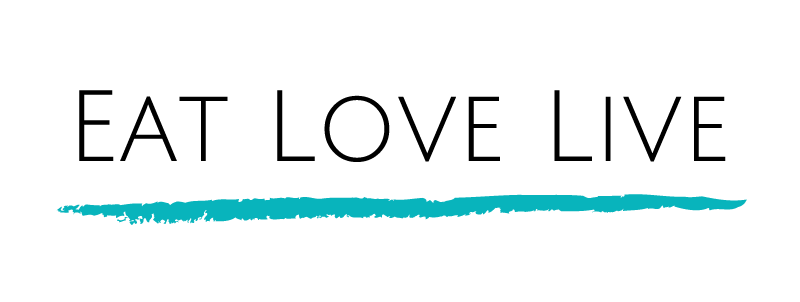In the ever-evolving landscape of healthcare, weight-inclusive practitioners are being called into new conversations—ones that invite both nuance and deep compassion. One such conversation centers around GLP-1 agonists, medications that are increasingly on the minds of our clients. Whether they’ve seen headlines, heard from friends, or had a healthcare provider suggest it, the curiosity is real—and so are the emotions that come with it.
At Eat Love Live, we believe in holding space for these moments with integrity. That means showing up with empathy, grounding ourselves in clinical expertise, and always centering our client’s autonomy and lived experience.
A Foundation of Compassion
First and foremost, we validate. Every client comes to us with a story—a history of navigating health, body image, and perhaps a complicated relationship with weight. Before anything else, we meet them there. No judgment. No agenda. Just presence.
We suspend personal bias. It’s okay if we have feelings or questions about GLP-1 agonists ourselves. But when we're in the room (virtually or otherwise) with a client, our role is to be curious, not directive. We offer comprehensive, neutral information so our clients can make the choices that feel right for them.
Making Room for Exploration
Conversations about weight-related interventions can carry a lot of weight—emotionally, socially, historically. That’s why it’s essential we create a space where clients feel safe to explore without shame or pressure. When someone brings up GLP-1s, we start with gratitude. "Thank you for trusting me with this." We name the courage it takes to even ask the question.
We remind them there’s no right or wrong path here. Curiosity isn’t something to fear—it’s something to honuor.
Asking with Curiosity, Not Assumption
Holding space means asking questions that invite reflection and self-awareness. We might ask:
-
What health concerns are you hoping to address?
-
How might this medication impact your quality of life—not just your weight?
-
What have you already tried? What’s felt helpful or harmful?
-
If the medication didn’t result in weight change, how would that impact how you feel about it?
These aren’t diagnostic questions. They’re invitations. They help clients deepen their own clarity, with us gently guiding—not leading—the way.
Sharing Information Thoughtfully
If a client wants to know more, we’re ready. We share research honestly, acknowledging what we know and what we don’t. We discuss potential side effects, clarify who these medications are intended for, and place all of it within the broader context of body diversity and the multifaceted nature of health.
Importantly, we screen for disordered eating risk, explore psychological impacts, and talk openly about motivations. Are they seeking relief from a chronic condition? Social acceptance? A sense of control? There’s no wrong answer, but it’s our job to help clients untangle the threads.
Staying Grounded in Our Values
Throughout, we keep returning to our weight-inclusive roots. We uplift health-promoting behaviors over weight outcomes. We challenge the ever-present voice of diet culture. We name and validate the pain of weight stigma. And above all, we uphold the belief that every person has the right to make informed, autonomous choices about their body.
The DECISION Framework
To guide our process, we lean on a practical, values-aligned approach:
-
Discuss with genuine curiosity
-
Examine current research
-
Consider potential side effects and concerns
-
Investigate possible risks of Interaction with current or past eating disorder (or at risk of developing one).
-
Support clients to sit with the information & seek clarification
-
Initiate health centric goal setting if clients choose to commence GLP-1.
-
Lead ongoing discussions & risk management planning with the client
-
Notify MDT of decision & any risk management plans
Download the DECISION Framework PDF
A Final Word
We don’t have to have all the answers. What we do need is a willingness to be present, to stay open, and to honuor our clients’ journeys—even when they take turns we didn’t expect.
Our role isn’t to direct traffic. It’s to walk alongside. To hold up the lantern while our clients navigate their own path toward health—however they define it.
By holding space with integrity, we transform potentially fraught conversations into profound opportunities for connection, clarity, and healing.

